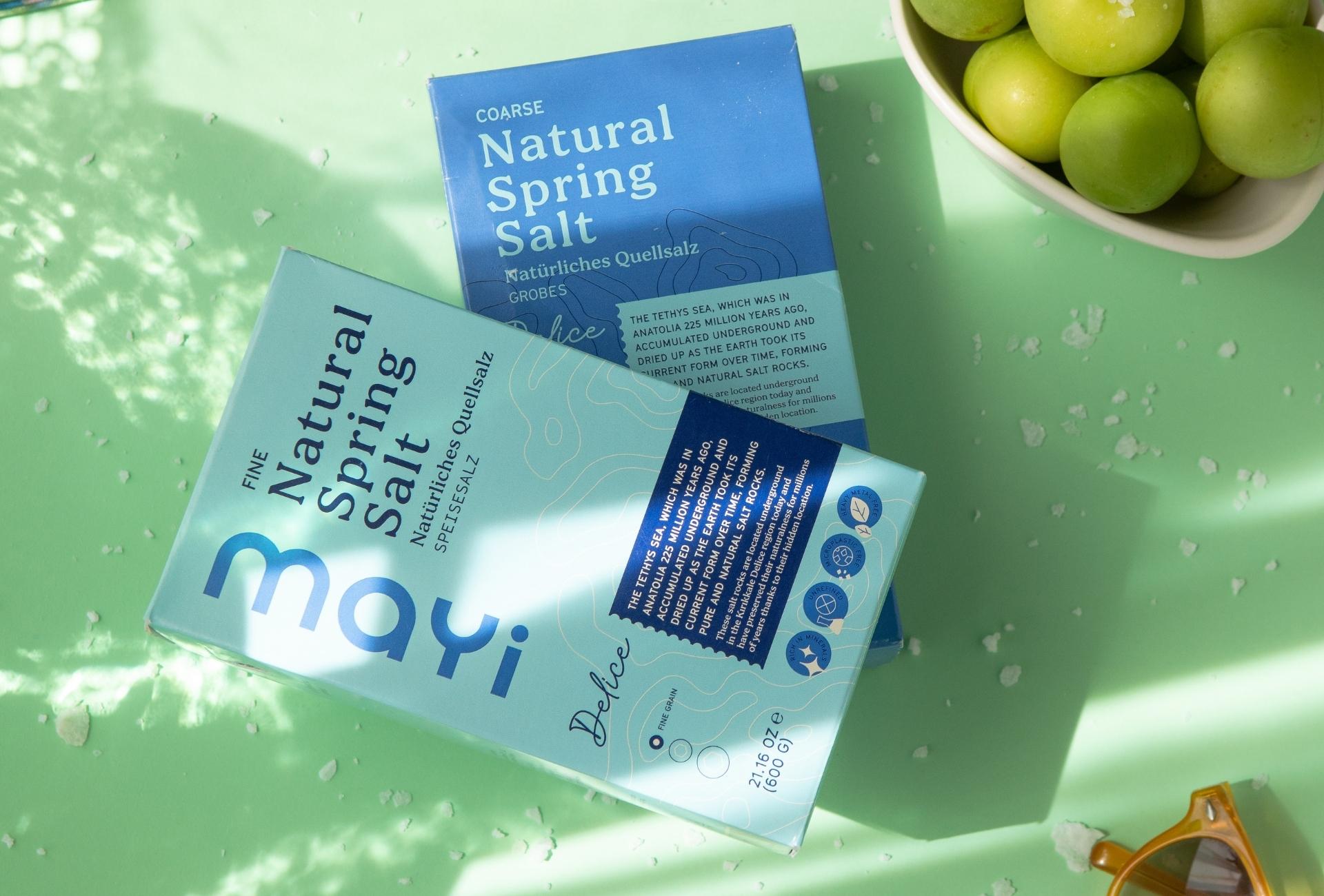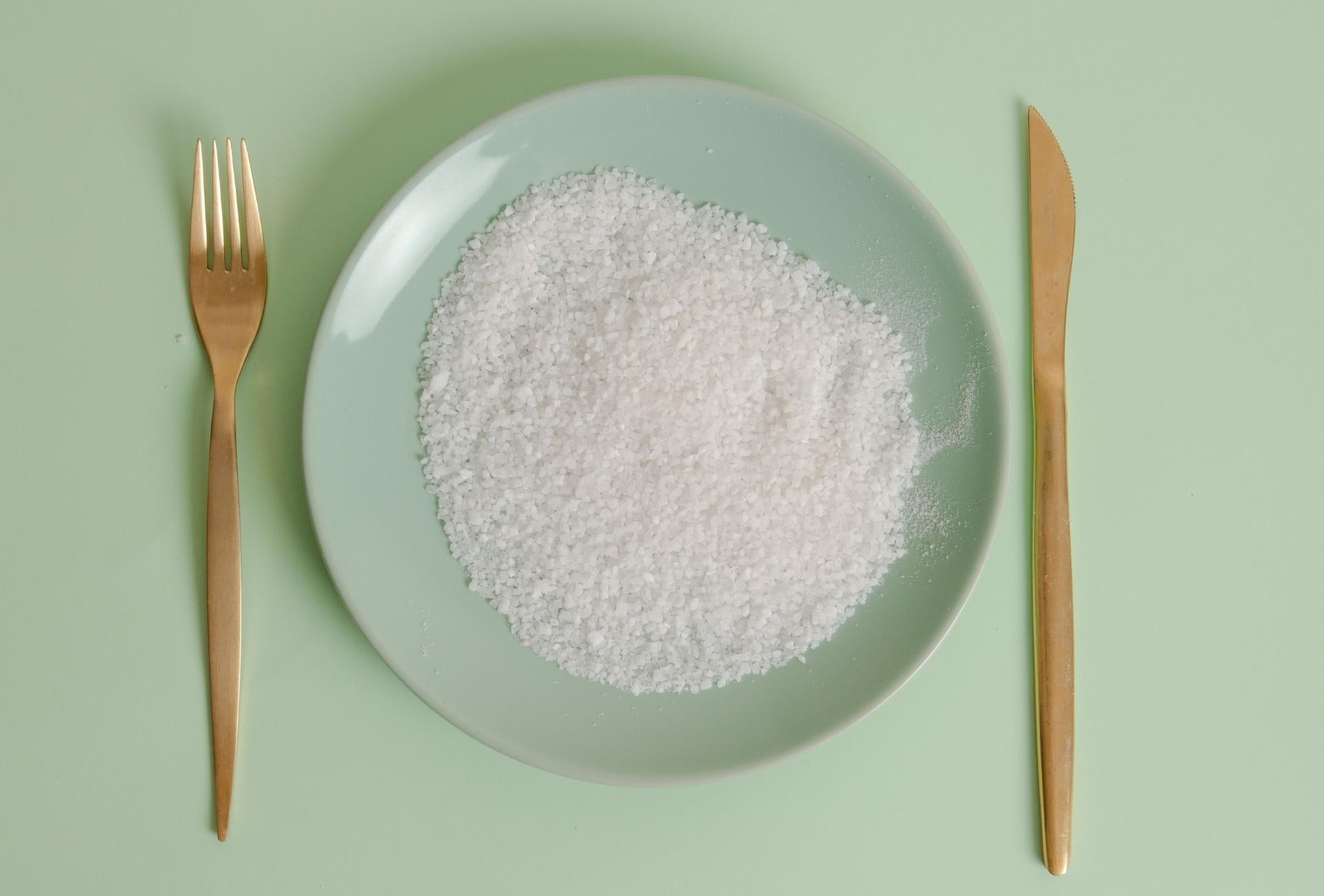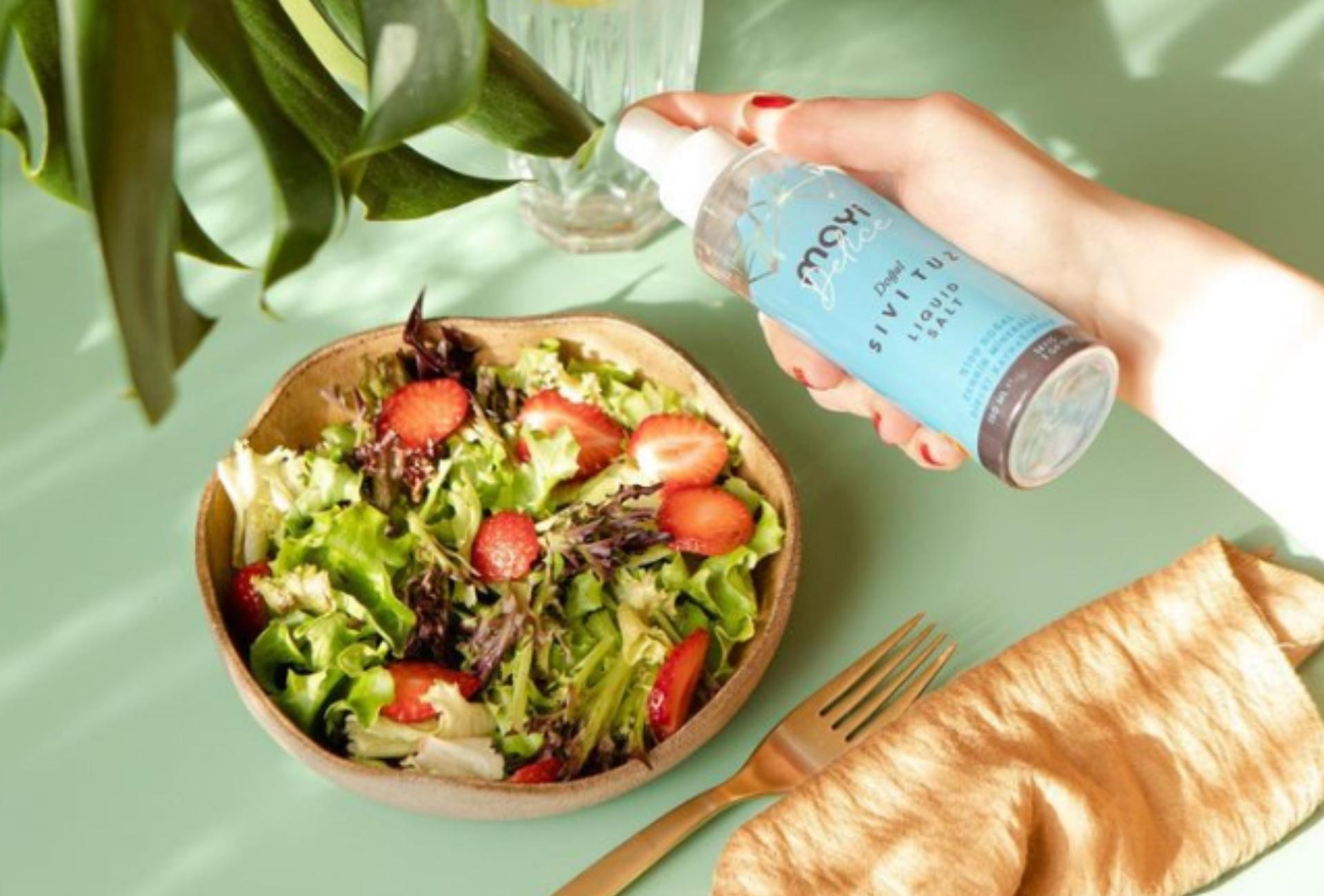Pickling salt is a pure mineral salt without additives. This salt is essential for making fermented, healthy, and flavorful pickles. The texture of pickling salt is very fine, which allows it to dissolve more quickly. Pickling salt draws out moisture, especially from vegetables like cucumbers, helping them maintain a crisp texture. It also prevents the growth of bacteria in preserves stored at room temperature for extended periods.
What are the ingredients in pickle salt?
Pickling salt, also known as salamrua salt, is a pure form of salt. Sodium Chloride (NaCl): The main component of pickling salt, providing the necessary saltiness to preserve and flavor the pickles.
Pickling salt does not contain additives such as iodine or anti-caking agents. This is because it ensures that the brine remains clear and does not become cloudy during the pickling process. Here are the typical properties and ingredients of pickling salt:
Some brands may label pickling salt as containing trace minerals, but these occur naturally and are not intentionally added. When buying pickling salt, it is important to ensure that it is free of any additives to achieve the best results in pickling.
What can be substituted for pickling salt?
You can use several alternatives to pickling salt. However, there are important points to consider with these options. The amount and content of the salt used as an alternative are crucial.
Pickling Salt vs. Table Salt:
The most important difference between pickling salt and table salt is iodine. While table salt contains iodine, pickling salt generally does not. The iodine in table salt can cause your brine to become cloudy and alter the taste. For these reasons, it is not recommended to use table salt. If used, it should not be used in the same amount as pickling salt.
Pickling Salt vs. Kosher Salt:
The best alternative to pickling salt is kosher salt. The most important thing to consider when using kosher salt is that it should not contain anti-caking agents. If using kosher salt in brines, the ratio is very important. For every cup of pickling salt, use 1 1/4 cups of kosher salt. An incorrect salt ratio can lead to the growth of harmful bacteria.
Pickling Salt vs. Sea Salt:
The structure of sea salt is different from that of pickling salt. Therefore, the usage ratio should be carefully considered. If you are using sea salt instead of pickling salt, make sure it is unrefined and iodine-free for your health.
Choosing the Right Salt for Your Pickles?
When choosing your pickling salt, the first thing to pay attention to is iodine. Iodine can affect the texture of your pickles and the color of the brine. Instead of pickling salt, you can use unrefined sea salt or rock salt. When choosing these salts, it is recommended to also check the source region. Ensuring that the region where the salt is obtained is clean is very important for your health. You should adjust the amount based on the type of salt you use. Each type of salt is used in different amounts when making pickles. You can use unrefined and iodine-free versions of kosher salt, sea salt, and rock salt when making pickles. You can also comfortably use iodine-free and unrefined Mayi brine salt for your pickles. It contains minerals beneficial to human health, such as lithium, vanadium, magnesium, and calcium.
Where to Buy Pickle Salt?
There are several places where you can buy pickling salt. The most common are large supermarkets. Supermarkets often have spice sections where you can find pickling salt among the other salts. Additionally, you can find pickling salt in online stores. You can also find pickling salt at local herbalists and spice shops.




